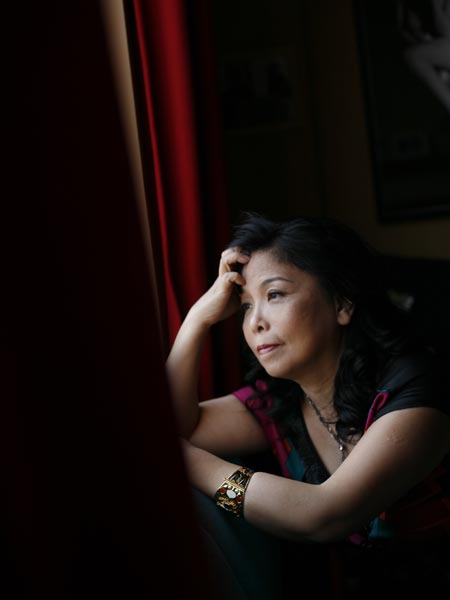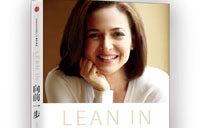Drama runs in her writing
By Mei Jia ( China Daily ) Updated: 2013-11-12 09:55:49
 |
|
Author Xu Xiaobin has maintained a prodigious output throughout her 32-year writing career and her works represent romanticism, an oft-neglected strength in contemporary Chinese writing. Provided to China Daily |
As their story unfolds and develops, an underlying theme is the composition of an opera The Swan. The novel becomes a feast for both the eyes and the ears (through its rhythm and tones) as the Western-styled music mingles with local tales of a pair of lovers-turned-swans in Sayram.
"Yes, I structured the story carefully according to the rules of music, for which I attended two months of classes in 2011 on music composition," Xu says.
Her attempt at structuring the novel with music is considered innovative. Critic Dai Weina hails the novel as "the first novel with musical accompaniments".
Xu says the story was inspired by a piece of news during the SARS period in 2003, when a fearless young man took care of his infected girlfriend. He died because of the disease while the woman survived.
Although fascinated by the world of fantasy, Xu keeps a keen eye on the key events in the country's social transformation.
A playwright with CCTV, Xu creates for television and movies. She's also known for her paintings and paper-carving arts. Her crossover to other kinds of artworks adds color and dimension to her writings.
"Like an imagist poet equipped with the multimedia of the modern age, the writer portrayed a cinematographic epic with her silky language," Amazon.com reader Zhang Mai once commented about Xu.
Xu had an unhappy childhood, struggling between her mother's repulsion and the effort to prove herself with her talent in arts.
The mother-daughter relationship later became the main theme in her novel Feathered Serpent, which was translated into eight languages.
Australian scholars Kay Schaffer and Xianlin Song dedicated one chapter to Xu in their book Women Writers in Postsocialist China, in which they commented: "(Xu's) postmodern subversion of established accounts of Chinese history, as well as her multiple allusions to the past designed to serve the present, distinguishes her amongst her contemporaries".
Xu was a teenager when the "cultural revolution" happened.
"I was locked in a small room with nothing to do. I eagerly read through all the books in the room. Literature became my salvation," she recalls.
Her writing is mainly impulsive and smooth, occasionally meeting with setbacks when she feels challenged by dramatic social changes.
"Reading and writing literature has changed my life completely. It brings me constant joy mingled with pain. If I could choose, I would not start reading literary works at such a young age," she says.
|
|
|
|
|
|
|
|























 Raymond Zhou:
Raymond Zhou: Pauline D Loh:
Pauline D Loh: Hot Pot
Hot Pot Eco China
Eco China China Dream
China Dream China Face
China Face





